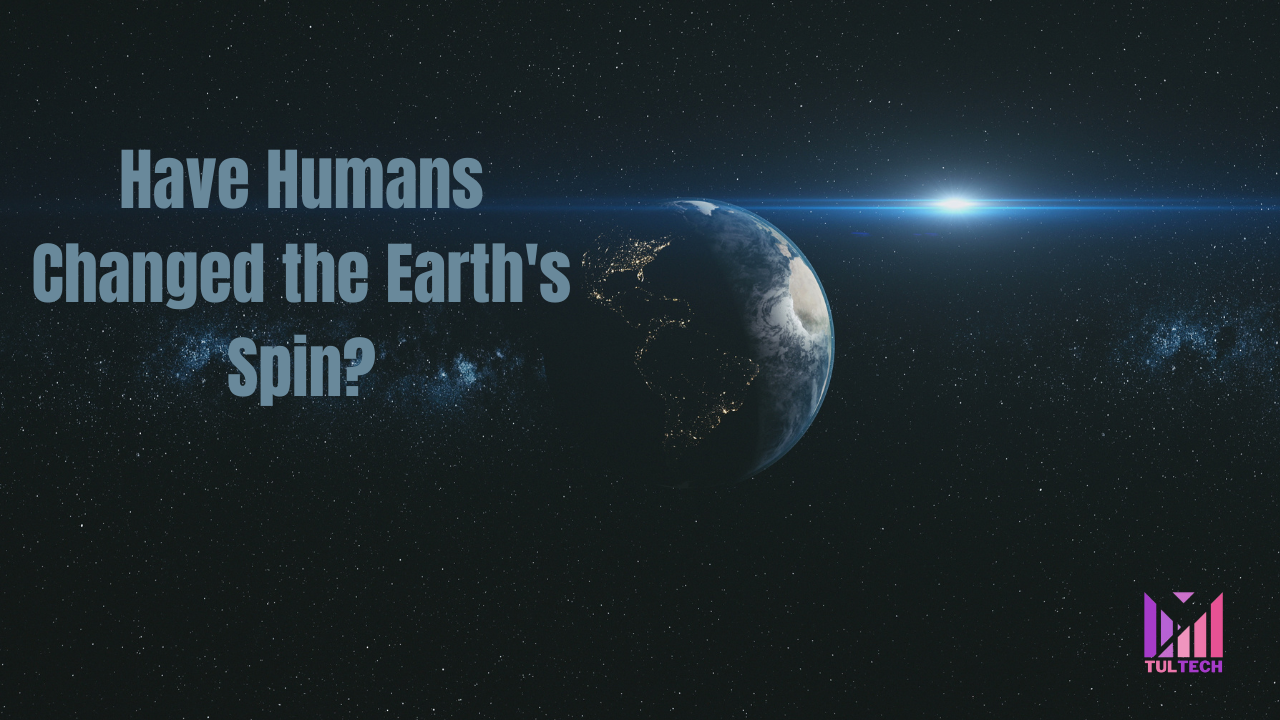Announcements
No announcements yet
New blog posts

Completion of Workshop on Water Recling Simulation and Modelling: Unlocking the Future of Water Management
19 March, 2024 by Charlotte Lee
We are thrilled to announce the successful...

IJITIS Journal Meeting and SWOT Analysis at TULTECH
15 January, 2024 by Charlotte Lee
Greetings, TULTECH community! In our...

A Milestone Meeting for EIL: Shaping the Future of Environmental Industry Letters
15 December, 2023 by Charlotte Lee
Dear TULTECH Community, We are delighted to...
Weather

-4°C
Calendar of Events
How water pumping change the Earth's surface?
Posted on 28 June, 2023 by benyamin chahkandi

Summary: A recent study found that the Earth tilted about 80 centimeters (31.5 inches) east between 1993 and 2010 due to human activity in extracting water out of the earth and transporting it to other locations.
Scientists previously calculated that between 1993 and 2010, humanity pumped 2,150 gigatons of groundwater, or more than 6 millimeters (0.24 inches), of sea level increase, based on climate models. It's challenging to verify that estimate, though.
One method involves using the Earth's rotating pole, which is where the planet revolves. When the Earth's rotational pole's position varies with respect to the crust, a mechanism known as polar motion causes it to shift. The distribution of mass on the globe is influenced by the amount of water present. The Earth spins a little bit differently as water is shifted around, similar to adding a tiny amount of weight to a spinning top.
"Earth's rotational pole actually changes a lot," said Ki-Weon Seo, a geophysicist at Seoul National University and the study's principal investigator. According to our research, the redistribution of groundwater is the climate-related factor that most significantly affects the rotational pole's drift.
In 2016, it was found that water might alter how the Earth rotated, but up until now, the precise role of groundwater in these rotational shifts had not been studied. In the current study, scientists used computer simulations to simulate the reported changes in the drift of the Earth's rotational pole and the movement of water, initially simply taking into account ice sheets and glaciers and then including several scenarios of groundwater redistribution.
Only after the researchers included 2150 gigatons of groundwater redistribution did the model match the observed pole drift. Without it, the model was off by 78.5 cm (31 inches), or 4.3 cm (1.7 inches) of drift annually.
Seo stated, "I'm quite happy to identify the mysterious source of the spinning pole drift. The pumping of groundwater is another source of sea-level rise, which worries and surprises me as a father and an inhabitant of Earth.
According to Surendra Adhikari, a research scientist at the Jet Propulsion Laboratory who was not engaged in this study, "This is a nice contribution and an important documentation for sure." The 2016 paper on the effects of water redistribution on rotational drift was published by Adhikari. They have measured the significance of groundwater pumping on polar motion and the result was positive.
How much groundwater could alter polar drift depends on where it is; water redistributing from the midlatitudes has a greater effect on the rotational pole. The two midlatitude regions of western North America and northwest India had the greatest water redistribution throughout the research period.
Theoretically, efforts by nations to reduce groundwater depletion rates, particularly in those vulnerable areas, could affect the change in drift, but only if such conservation measures are maintained for decades, according to Seo.
Seasons are not likely to vary as a result of changes brought on by groundwater pumping because the rotational pole often shifts by several meters over the course of about a year. Adhikari noted that polar drift can affect the climate on geologic time spans.
The next stage of this investigation might involve looking back in time.
Understanding fluctuations in continent-scale water storage can be accomplished by keeping an eye on changes to the Earth's rotational pole, according to Seo. There are polar motion records dating back to the late 19th century. Therefore, we may be able to utilize those statistics to understand changes in continental water storage during the past 100 years. Has the warmer climate led to any changes in the hydrological regime? Polar motion might have the solution.
source: www.sciencedaily.com/releases/2023/06/230615183147.htm
Event Categories
Past Events
Workshop on Artificial Intelligence Applications in Smart Cities
20 August, 2024
Workshop on Advanced Water Treatment Processes
10 July, 2024
Workshop on Water Recycling Simulation and Modelling
15 March, 2024Today In History
Here are some interesting facts ih history happened on 11 January.
- 1st woman to fly solo across Pacific left Honolulu AE Putnam
- Isaac Newton is elected a member of Royal Society
- Titania & Oberon moons of Uranus discovered by William Herschel
- Michigan Territory organized
- 1st pineapples planted in Hawaii
- Alabama becomes 4th state to secede from US
- Mexico City captured by Juarez
- Hawaiian Historical Society founded
- Jacob Ruppert & Huston purchase Yankees for $460 000
- French & Belgian troops occupy Ruhr to collect reparations
- Amelia Earhart flies from Hawaii to California (non-stop of course)
- Beatles release Please Please Me & Ask Me Why
- Soyuz 17 is launched
- Gov. Askew dedicates the RCUC solar office building
- Billy Martin named Yankee manager for 3rd time





